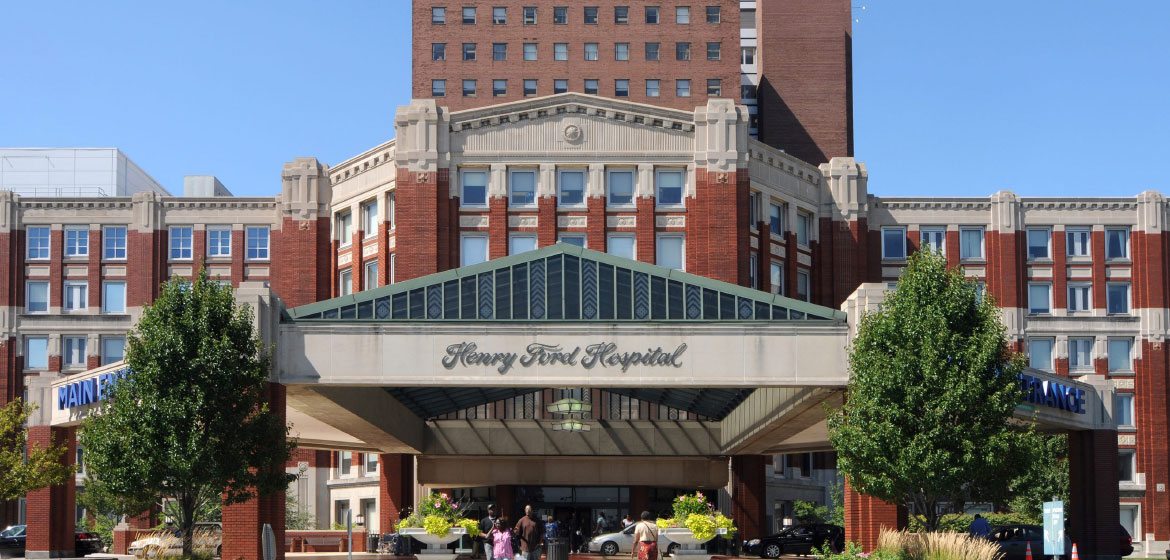Broad College of Business Henry Ford Hospital

Saving money is always a good thing. Especially in healthcare, where every cent saved could save a life.
A partnership between the Broad College of Business and Henry Ford Hospital has tasked itself with just that—saving cents to save lives—by conducting research to implement more effective costing models within the healthcare process.
MSU Broad College of Business professors Ranjani Krishnan and Martin Holzhacker have been collaborating with a team at Henry Ford, which includes Lamont Jones, MD, MBA, a former student of Krishnan’s, to explore time-driven activity-based costing models.
“Just being able to interact with such an important institution and do anything, even a small piece, has been a huge positive for us,” Krishnan said.
The research involves a thorough breakdown of healthcare processes, analyzing expenditures at each step from the waiting rooms to the operating tables. Looking at the pathways of healthcare under a microscope is not just good accounting practice, it reveals ways in which the medical practices could be optimized.
“Refining the cost accounting system can actually provide some healthcare benefits, that’s what this is showing,” Krishnan said. “In some sense, the cost accounting becomes like a tool for improving your medical care.”
The group’s findings are proving especially critical as the COVID-19 pandemic overwhelms hospitals around the nation, making efficiency a top priority. Their research has expanded to include costing models for the now-common practice of telehealth appointments as well.
Krishnan and Holzhacker also plan to create learning materials from their findings, but the lessons learned are already making their way back into the classroom. “Much of what we do sometimes gets really theoretical, so communicating the practical relevance of costing to students gets challenging” Krishnan said “This really adds a context to what students are learning. That’s a big plus for us.”
In a profession that is often dominated by the idea of maximizing profits for shareholders, their work with Henry Ford provides an example of how accounting methods can be used to the benefit of the general public.
“Figuring out resource use, and reducing non-value-added costs, enables a hospital like this one to put more resources back into the most vulnerable sections of the community,” Krishnan said.
The efforts of Krishnan, Holzhacker, Jones, and their collaborators certainly show that good accounting in healthcare spells good for the community. Working to improve efficiency in hospitals serves to improve access to health care resources for everyone.
In January 2021 Michigan State and Henry Ford Hospital announced a new partnership that will see more Spartans serve within the Henry Ford healthcare system.


